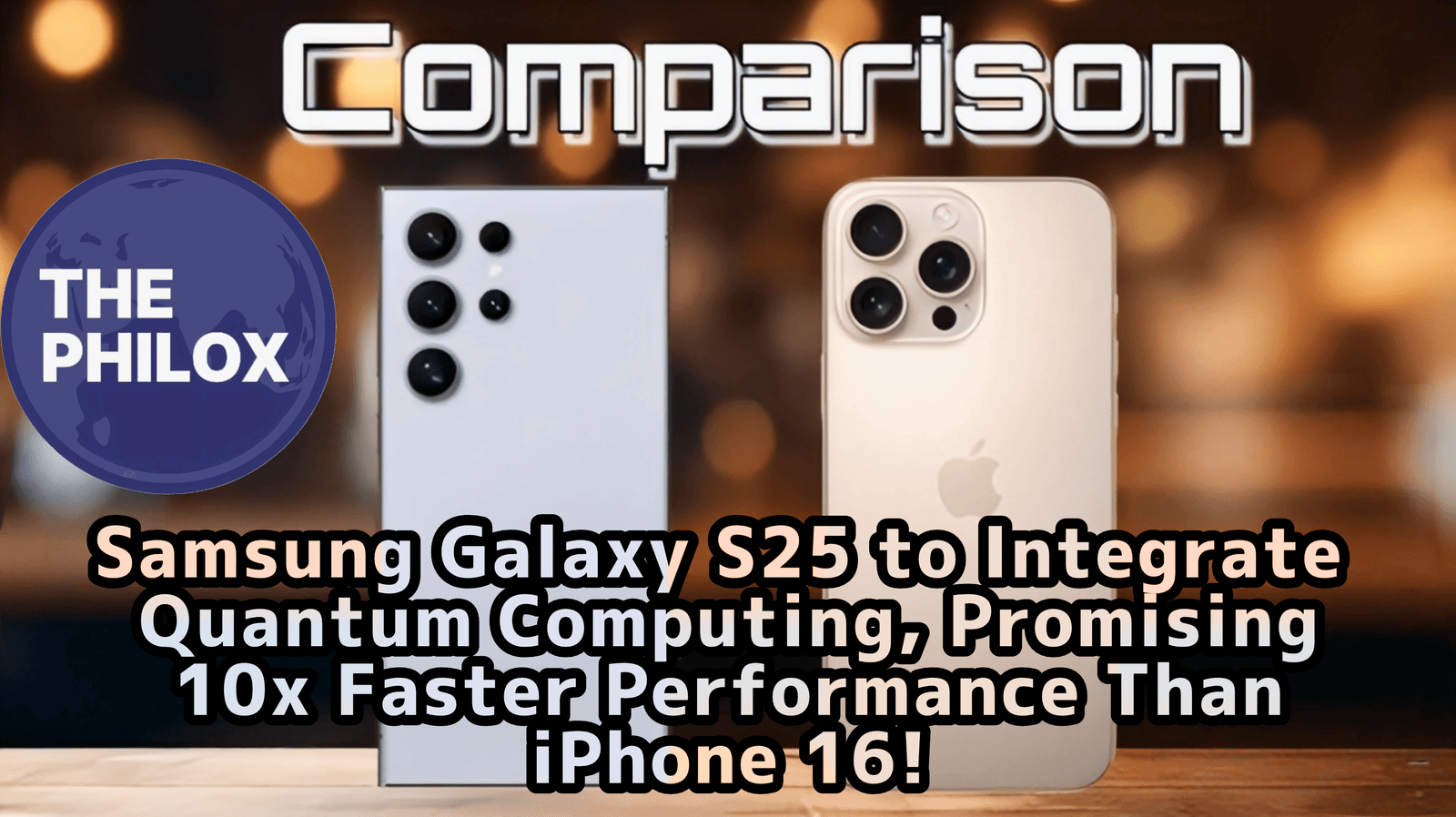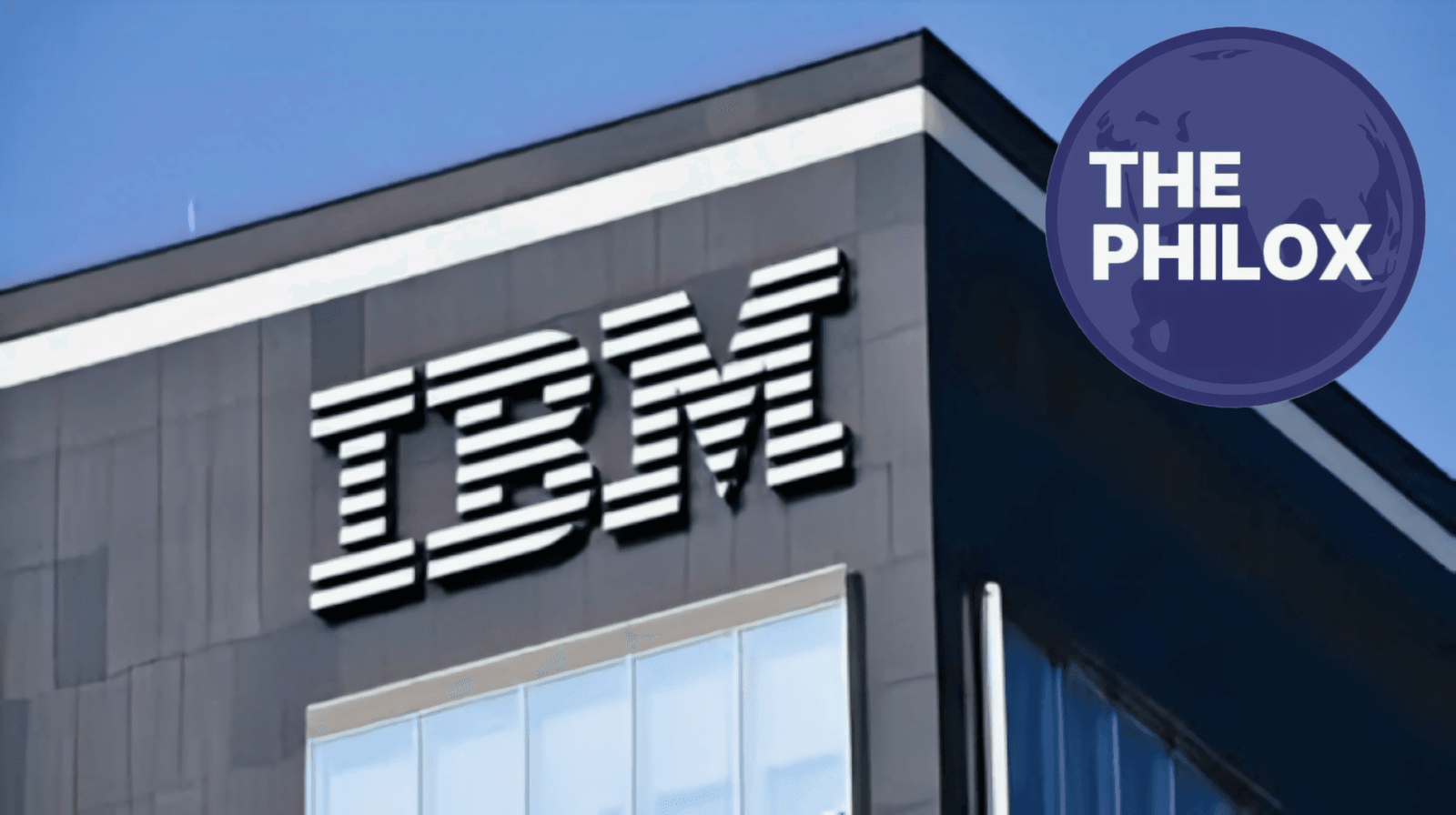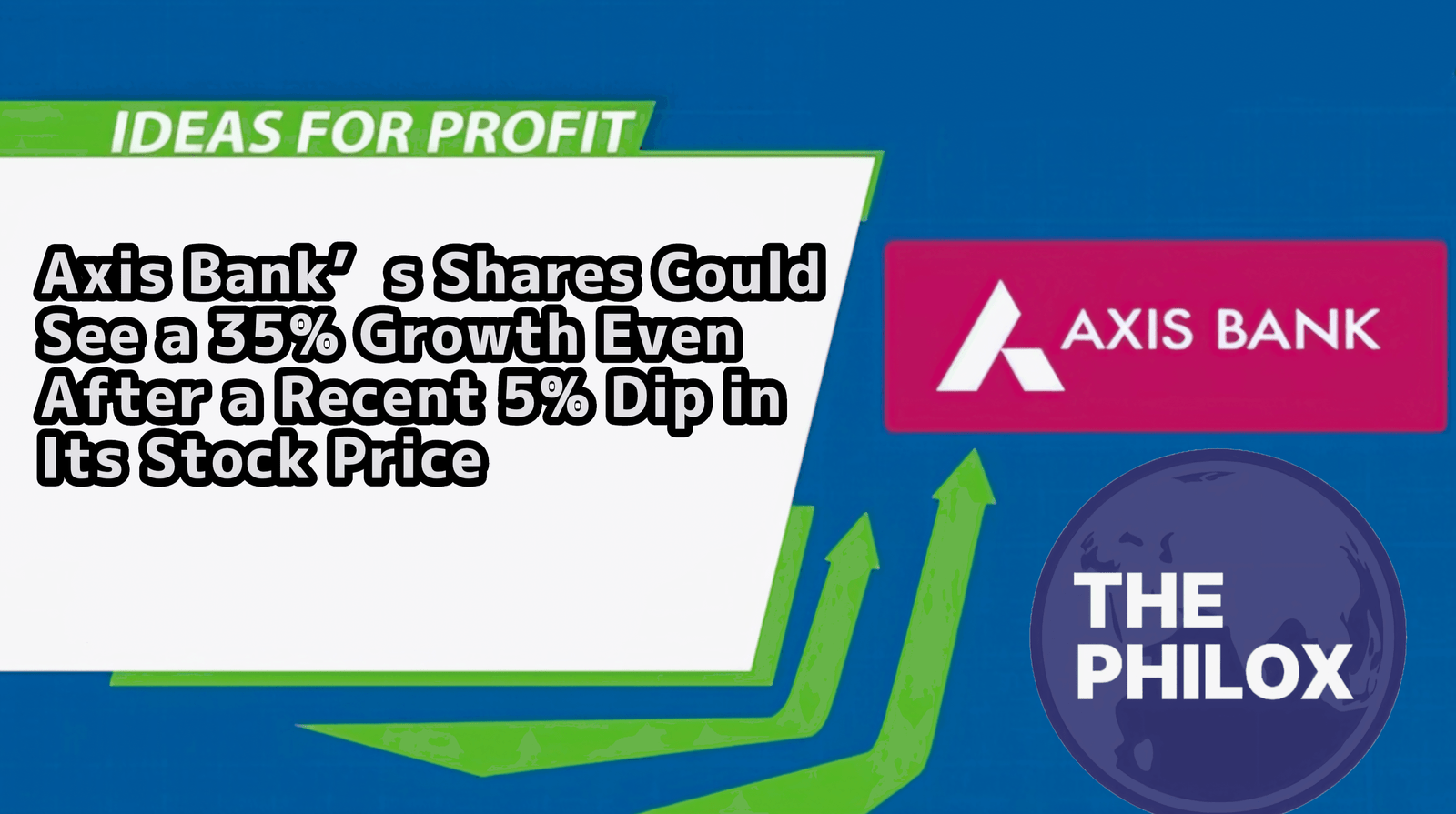The Samsung Galaxy S25 is going to be a revolutionary device in the smartphone industry. It is supposed to hit the market late in 2025 and may well become the first consumer smartphone using quantum computing technology.
A source close to Philox Digital Media suggested that Samsung targets unprecedented performance, as it claims its new device can process 10x faster than an iPhone 16. Quantum technology integration is indeed a giant step in innovation since it can define mobile computing capability and user experiences.
Understanding Quantum Computing
Basic Principles
Quantum computing is a new approach to computation based on quantum mechanics. Unlike classical computers, which use binary bits (0s and 1s), quantum computers use qubits.
Qubits can exist in a state of superposition, representing both 0 and 1 at the same time. This allows quantum computers to perform complex calculations at incredible speeds. Moreover, entanglement—a phenomenon where qubits become interdependent—enables faster data processing and communication.
Comparison with Classical Computing
Traditionally, computers are sequential in their processing. Quantum computers can perform many computations in parallel because they can look at many possibilities simultaneously. This potentially means that problems can be solved much faster than classically, especially in optimization, cryptography, and AI processing.
Current Status of Quantum Computing in Mobile Devices
Current Implementations
Quantum technology already penetrates partly through smartphones. For instance, in its Galaxy Quantum series, Samsung uses QRNGs to connect the quantum principle with security aspects.
A QRNG depends on the principles of quantum mechanics to develop randomness in generated numbers for cryptography processes when working with sensitive data.
The investment that global tech companies and research institutions are making in making quantum computing accessible for mobile platforms is pretty huge.
Some of the major challenges that have been encountered in miniaturizing quantum processors, improving power efficiency, and ensuring stable operations under various environmental conditions have been mentioned.
Advantages of Quantum Computing for Galaxy S25
Performance Enhancements
Quantum computing would expedite the Galaxy S25 in terms of processing. Real-time data analysis, heavy simulations, and AI features would be run faster. The results would include fast multitasking and unmatched performance with applications.
Enhancements in Security
Quantum-based encryption makes the Galaxy S25 almost completely secure against cyberattacks. Quantum key distribution allows for an un-hackable mode of communication as it detects attempts to eavesdrop. Such users and businesses are attracted towards such devices because they are security sensitive.
Energy Efficiency
Although quantum processors handle an enormous computation power, they also might consume significantly less energy. Quantum computing helps in optimizing most of the calculative work through minimal redundancy: the Galaxy S25 might probably last longer between charges, or so the rationale goes.
Technological Hurdles and Its Feasibility
Miniaturization
The largest challenge for smartphones to integrate with quantum computing is size. Quantum processors are fairly large and also require very complex cooling systems. For the compact design of Galaxy S25, Samsung has to find ways of miniaturizing these components in innovative ways.
Operating Conditions
Quantum processors perform well under extremely low temperatures, ensuring that qubits do not lose stability. It is hard to design a system that could maintain such conditions inside a smartphone. Maybe the company could take into account these advanced materials or hybrid cooling technologies in order to solve the problem.
Compatibility with Other Technologies
Blending quantum processors with current smartphone architectures, such as ARM-based chips and 5G modules, requires seamless integration. Software compatibility and app optimization are equally critical to ensure a smooth user experience.
Industry Perspectives
Expert Opinions
Experts are a little hopeful that quantum computing will be possible on a smartphone. A quantum computing researcher, Dr. Emily Foster believes that though quantum computing will take some years more to penetrate fully into smartphones, there is an in-between option-a hybrid model which can bring a quantum-classical together.
Competitor Activities
Samsung does not tread this path alone. Apple, Google, and Huawei are pretty busy on the quantum computing applications front but at different levels of progress. Success for Galaxy S25 will only help other competitors accelerate their quantum R&D.
User Apps
Interactive AI
Quantum computing may change AI functionalities in the Galaxy S25. Virtual assistants may provide near-human conversation capabilities. Real-time language translation will be more accurate and detailed.
Responsive User Interface
Deeper processing and more efficient multithreading would take the mundane of gaming and video editing to streaming and navigation, and so much more. This could make Galaxy S25 the future in smartphones for performance.
More Advanced Security
Quantum encryption might be used in protecting user data, possibly against new emerging cyber threats. This includes secure communications, blockchain-based transactions, and privacy-oriented cloud storage.
Market Impact
Customer Demand
Promise of quantum computing within a smartphone would likely attract unimaginable consumer interest from tech-savvy consumers and working professionals who demand top performance and security.
Cost/Price Factors
Adding the feature of quantum technology will cost Samsung more money during production. As a result, the Galaxy S25 will become a more premium product, though Samsung could leverage the added long-term value associated with these features.
Impact on Competitors
If the Galaxy S25 is a success, then it is going to break the whole smartphone market with innovated rapid competition with others. This might even see the usage of quantum computing become a benchmark for flagships.
Quantum computing may end up being the greatest innovation by Samsung as introduced into the Samsung Galaxy S25. This could end up redefining consumer expectations in terms of performance, security, and efficiency in power usage.
This would be a very bold vision from Samsung, but miniaturization and environmental concerns remain, which could change the industry and the future of mobile computing.
A much broader reach of this technology can be possible beyond smartphones alone influencing all applications across the industries and quantum revolution.
Stay Connected and Share Your Stories
For all those inspired by stories of resilience and ambition, follow us on X/Twitter and on Instagram . For those with untold stories that you would love to share, please send them to contact@thephilox.com










One thought on “Samsung Galaxy S25 to Integrate Quantum Computing, Promising 10x Faster Performance Than iPhone 16”